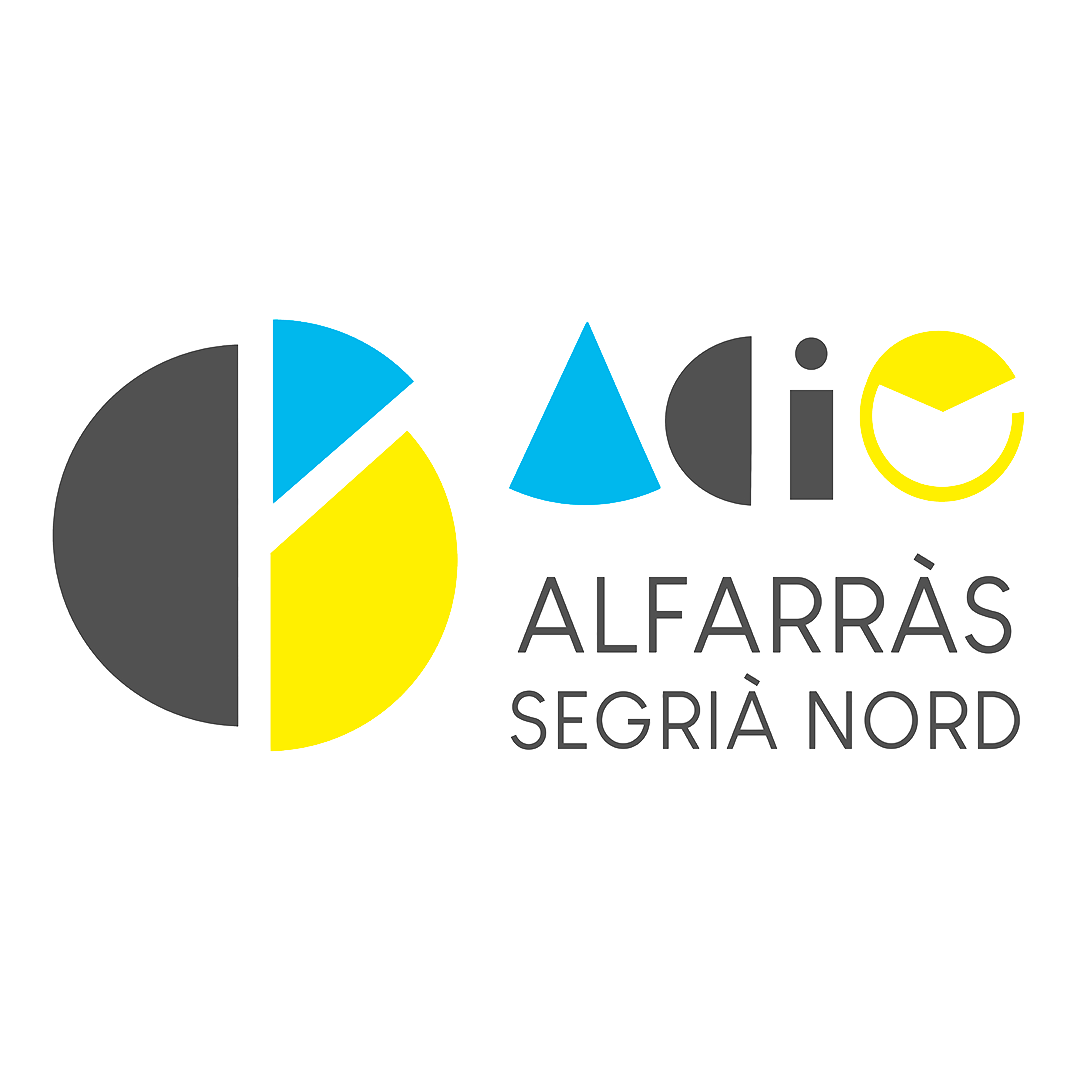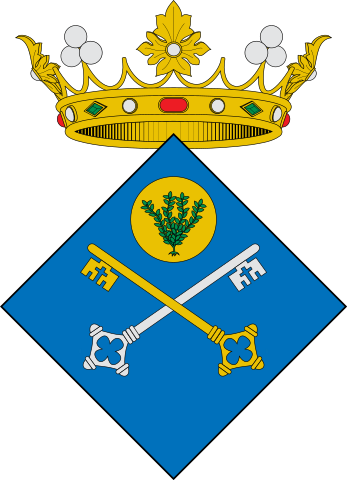There are many foreign alternative networks that have surfaced in recent years along with the goal of providing Internet services in which mainstream network deployments happen to be either not really present or not the most liked solution. These distinct alternative sites vary in proportions, type and concentrate on certain features however they have become steadily important as an individual means of manifestation affordable Access to the Internet for people who might be digitally-disconnected or hit by recent overall economy and therefore fight to pay for Net solutions.
These types of alternative networks derive from Wi Fi community systems that consist of wireless nodes that speak to route details amongst them and the outdoor world. Through the Arab Spring, for example , FDN set up modems and shared numbers to enable protesters to surf on the web, while partnering with Reporters Without Region to offer VPN services to political dissidents.
The article explores how these kinds of alternative networks can be reframed as emancipatory in nature by looking at two early examples of the French Info Network (FDN) and Consume, an international network of WiFi hotspot active supporters and workers. FDN and Consume are based on examples of the global diffusion of grassroots network that has been allowed by the breakthrough of an Net culture characterized by significant tones and a change in technical paradigms.
These networks embody a significant trend towards information operations that harnesses the entanglement of politics with technologies to construct infrastructures www.inafi-la.org/ with regards to lesbian feminism. They make use of free and open-source computer software to construct sociotechnical systems that materialize the entanglements between lesbian feminism, queerness, antiracism and other life-worlds that might otherwise become erased right from history.





